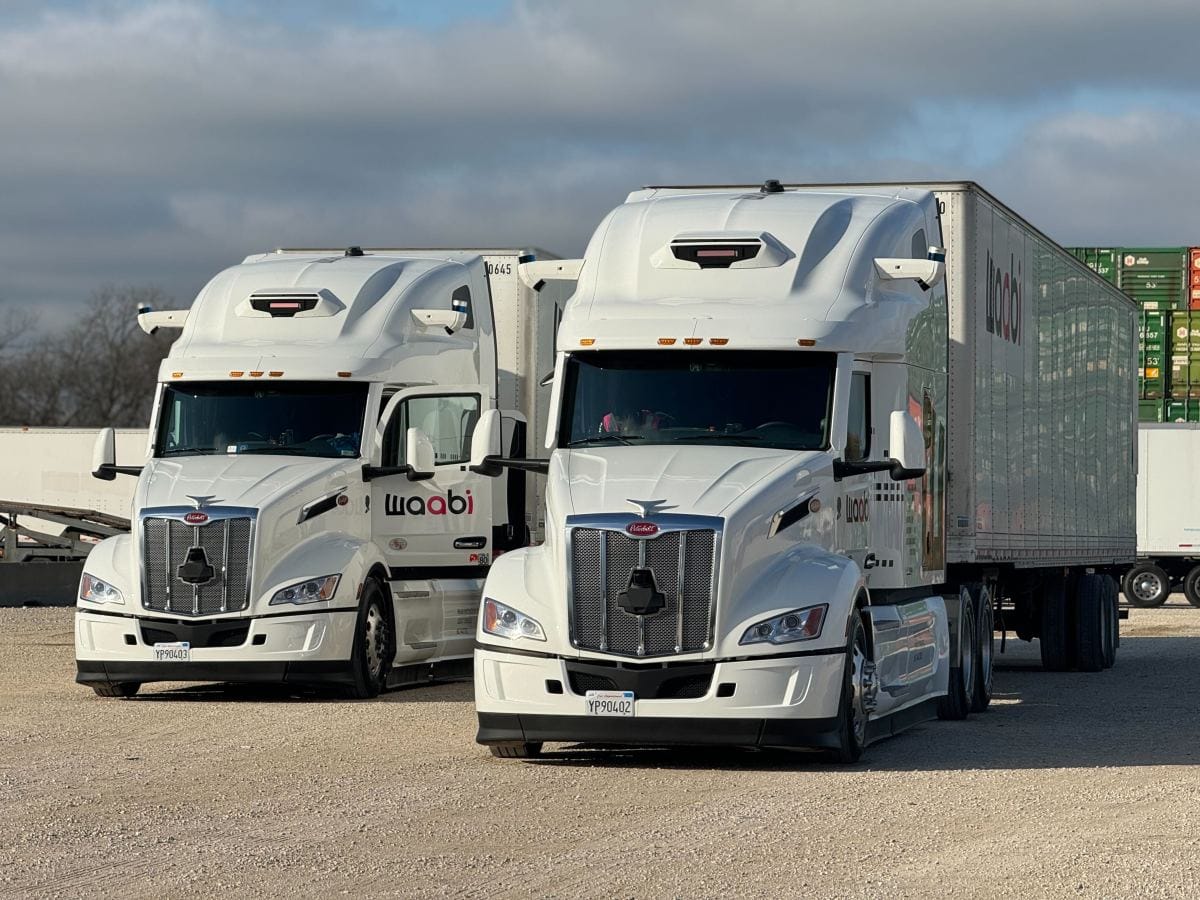The Evolution of Autonomous Trucking: A Look at Waabi's Innovative Approach

Introduction
In the world of autonomous vehicles, Raquel Urtasun, the founder and CEO of Waabi, has been at the forefront of developing AI systems that mimic human reasoning. Waabi, a startup focusing on autonomous trucking, takes a unique 'AI-first approach' to accelerate the deployment of self-driving vehicles.
The Key Differences in Approach
- Waabi emphasizes using lidar sensors for perception, unlike Tesla's vision-first approach.
- Waabi's system, the Waabi Driver, is trained using a closed-loop simulator called Waabi World, while Tesla relies on imitation learning and real-world driving data.
The Simulation Advantage
- The Waabi World simulator creates digital twins of the real world, simulates sensor data, and tests the Waabi Driver in various scenarios.
- This simulator has enabled Waabi to conduct successful commercial pilots with a human driver and is paving the way for fully driverless operations by 2025.
Beyond Trucks: The Future of Waabi
- While Waabi's initial focus is on autonomous trucking, the technology has broader applications, including robotaxis and warehouse robotics.
- Waabi's technology can generalize across various use cases, making it a versatile solution for different industries.
Funding and Industry Landscape
- Despite challenges in the autonomous vehicle industry, Waabi has secured a significant $200 million Series B round led by investors like Uber and Khosla Ventures.
- Other AI-focused autonomous vehicle startups, like Wayve and Applied Intuition, have also raised substantial funding for their innovative approaches.
The Promise of Generative AI
- Waabi's system, described as a next-generation GenAI, can be deployed in the physical world without relying on large datasets and compute power.
- Unlike traditional AI systems, Waabi's Driver can handle unknown situations with a few examples, making it scalable and capital efficient.
The Technical Advantage
- The Waabi Driver utilizes reasoning-based AI, enabling it to predict and react to various scenarios with human-like logic.
- It can perceive the world, create abstractions, and reason about potential outcomes efficiently and safely.
Ensuring Safety and Scalability
- The Waabi Driver's interpretable end-to-end trainable system allows for validation and verification of decisions, avoiding the black-box effect.
- This streamlined architecture makes the technology applicable to a wide range of autonomy use cases, such as warehouse operations and robotaxis.
Conclusion
Waabi's innovative AI approach to autonomous trucking not only promises safer and more efficient self-driving vehicles but also opens the door to a range of applications across different industries. By focusing on reasoning-based AI and leveraging advanced simulation technology, Waabi is shaping the future of autonomous transportation.


